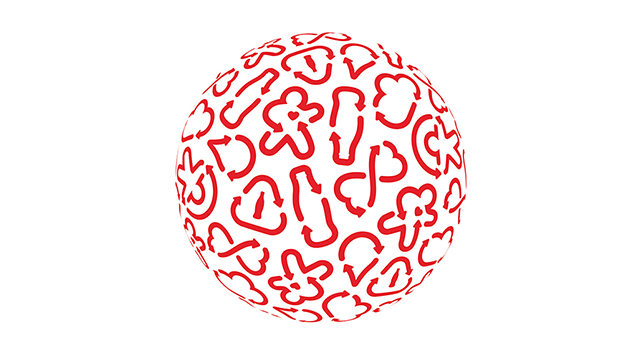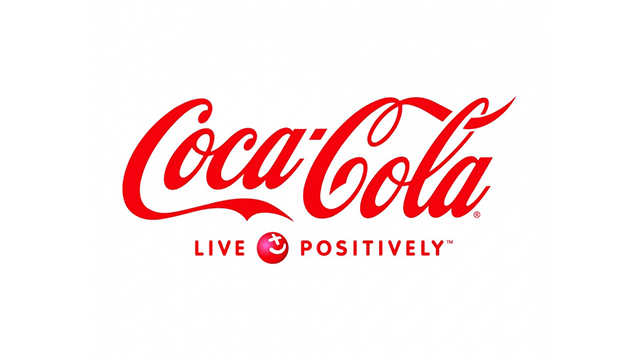Projects
Coca-Cola: Communicating Through Actions
What Happens When A Global Company Is Designed For Perpetuity?
- zoom
- zoom
- zoom
This is a story of innovation, a brief case history of helping make The Coca-Cola Company a powerful source for change.
It begins with an empty plastic Coca-Cola bottle – rather with billions of empty plastic Coca-Cola bottles. We live in an era where it is difficult to hide or erase anything.
Building on Bruce’s relationship with company leadership, we went beneath the surface to re-imagine and re-engineer the hidden systems behind cultural, economic and environmental structures. As is often the case, the biggest opportunity was found in the details of the mundane.
We designed “Live Positively,” a sustainability platform and a new brand icon for The Coca-Cola Company, its first in a long while. It put to work Bruce’s premise that “the power of markets, brought to bear on the world’s real problems, is the power to change the world.”
Designing an image of a positive future helped to focus resolve, within the brand culture and with consumers and potential partners – in this case, American chair manufacturer Emeco, the creator of the nearly indestructible Navy Chair of the Second World War that is still selling well today.
Under the banner of Refresh, Recycle, Reuse, we took an empowering – not a scolding – approach to upcycling Coca-Cola consumer waste into a sustainable, timeless chair, the 111 Navy Chair.
“When you recycle a plastic Coca-Cola bottle, you’re doing something good,” Bruce said. “When you recycle 111 of them into a cool chair, you’re doing something great. Help your bottle become something extraordinary again.”
We designed the potential for Coca-Cola to take a leadership role in a powerful worldwide social movement that evolved from removing tens of millions of PET bottles from the waste stream to taking the initiative on water issues and women’s entrepreneurship.
Communicate through actions: this is a case of MCN maximalism creating more of the Coca-Cola experience we love, using less of what we need.
Share:






